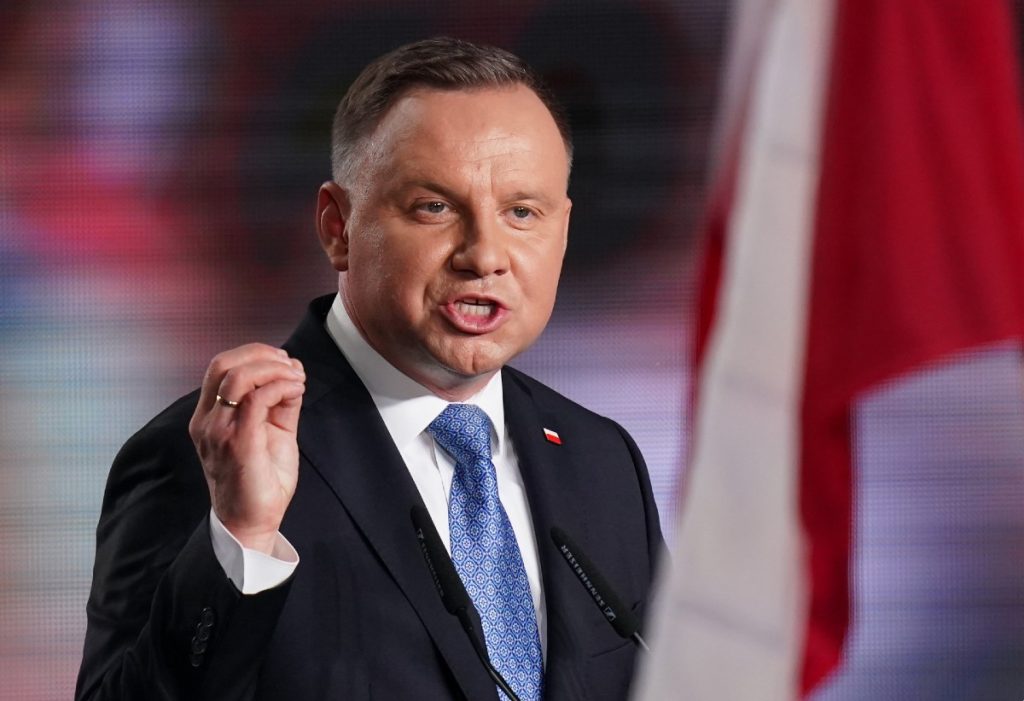Poland has expressed its willingness to host NATO nuclear weapons in order to strengthen the alliance’s eastern flank against potential Russian aggression. This decision has drawn criticism from Russia, with some officials warning that it could make Poland vulnerable to Russian missile strikes. While no final decision has been made regarding the placement of nuclear weapons on Polish soil, Warsaw has indicated its support for NATO’s nuclear sharing program as a means of enhancing the alliance’s collective defense capabilities.
The ongoing conflict in Ukraine has prompted NATO countries in eastern Europe to increase their military spending and capabilities, despite not possessing nuclear weapons themselves. Russia, which has the world’s largest nuclear arsenal, has recently transferred tactical nuclear weapons to Belarus, a move that has raised concerns among neighboring NATO countries, including Poland. Warsaw has already exceeded NATO’s defense spending target and has committed to further increasing its military budget in response to the security threats posed by Russia and other potential adversaries in the region.
Polish officials have emphasized the importance of NATO’s nuclear deterrent in ensuring the security of not only Poland but the entire alliance. The nuclear sharing program, which involves leveraging nuclear weapons for collective defense purposes, is seen as a vital component of NATO’s efforts to deter potential aggression from Russia. While discussions about hosting NATO nuclear weapons have taken place within the Polish government, no final decisions have been made, and further consultations are expected to take place in the future.
Despite Russia’s warnings about the potential risks of hosting nuclear weapons on Polish soil, Polish President Andrzej Duda has expressed his readiness to engage in discussions with NATO allies, including the United States, about the possibility of hosting such weapons. The issue has raised concerns about the implications for Poland’s security in the event of a direct military confrontation with NATO, but Warsaw has maintained its commitment to enhancing its defense capabilities and its support for the alliance’s efforts to strengthen its deterrent capabilities.
As tensions between NATO countries and Russia continue to escalate, the issue of hosting nuclear weapons on Polish territory has become a topic of intense debate and concern. While Warsaw remains committed to enhancing its defense capabilities and supporting NATO’s efforts to strengthen its deterrence posture, the potential risks and consequences of hosting nuclear weapons on Polish soil are still being weighed and evaluated. Further discussions and consultations with NATO allies are expected to take place in order to assess the feasibility and implications of such a decision.
In conclusion, Poland’s willingness to host NATO nuclear weapons represents a significant step towards strengthening the alliance’s eastern flank against potential Russian aggression. While the decision has raised concerns about the potential risks and consequences for Poland’s security, Warsaw’s commitment to enhancing its defense capabilities and supporting NATO’s collective defense efforts remains steadfast. Further consultations and discussions with NATO allies are expected to take place in order to assess the feasibility and implications of hosting nuclear weapons on Polish soil in the future.


